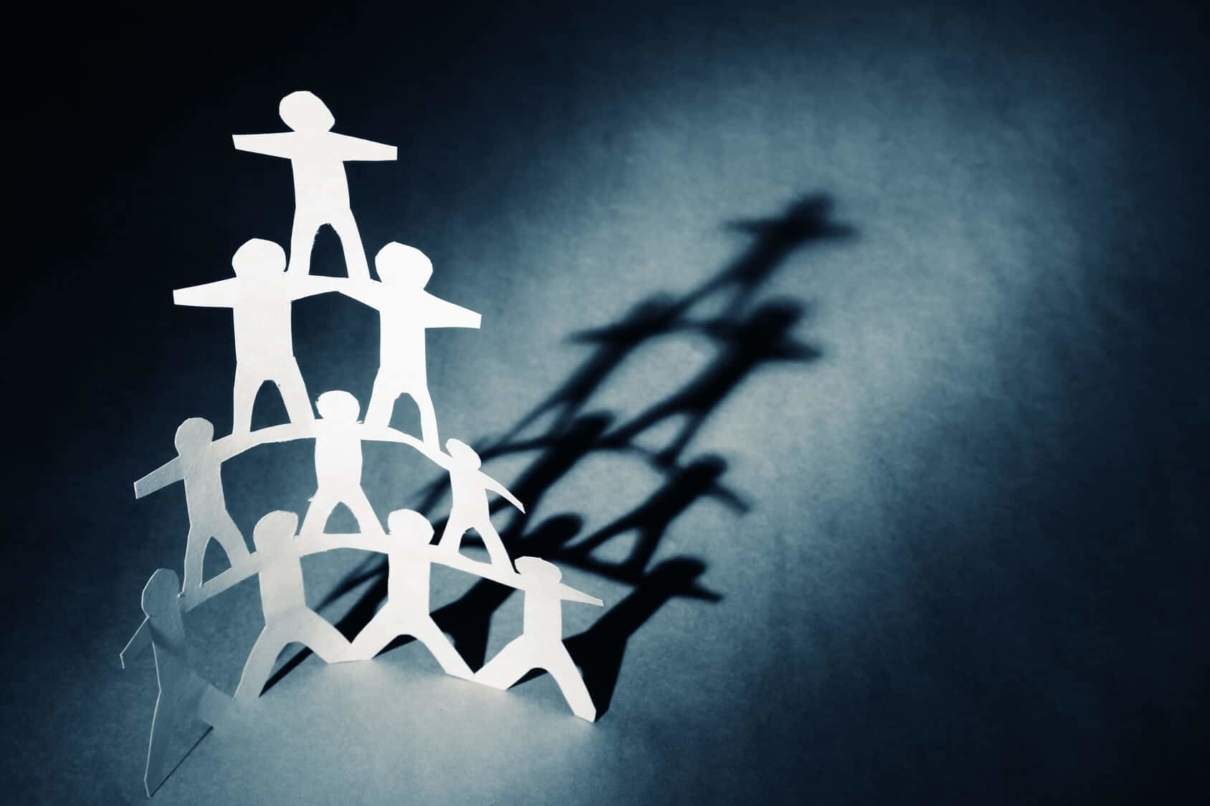Personnel development – some entrepreneurs don’t like to hear this word. In most cases, it is closely linked to expensive seminars, training courses and further education. And these expensive measures haven’t brought the success that the company expected, often. “No wonder”, the expert thinks, and we show what personnel development means and why personnel development is more important than ever for the success and growth of companies.
What many people are not aware of is, that personnel development begins with the first day of an employee with the company. And personnel development ends when the employee leaves the company.
From the first day, means that a regular comparison of the competencies and qualifications of an employee must be made. One compares, what an employee can do with what he should be able to do in order to cope with the assigned tasks. The basis for this comparison is the job description for the position that the employee occupies. The second basis is the employee’s objectives, which are directly linked to the company’s strategy and thus to his area of work.
If, for example, a medium-sized company has anchored a change in its product portfolio towards more digital products in its corporate strategy, this means that the company needs personnel with the appropriate qualifications. What sounds like platitude is in fact a serious challenge for many companies. By when do these competences have to be built up in the company? What objectives has the company set itself for the development of competencies? Can these competencies be developed internally? Do you need additional external human resources that bring these competencies with you, in whole or in part? And which time sequences have to be taken into account?
In times of rapid change to which companies are increasingly exposed, the continuous development of employees and the structured and sustainable planning of this personnel development plays an even greater role than ever before. Ever faster changing requirements mean continuous further development of the competences and qualifications of the employees.
What does personnel development mean in the result? Personnel development means lifelong learning – lifelong learning both for the organization and for each individual employee. Lifelong learning means remaining competitive – both as an organization and as an employee.
Personnel development measures are not to be equated with external seminars. The elements of personnel development are manifold, from reading a trade journal, attending events, participating in webinars to discussing with colleagues from other areas of the company. Personnel development measures are intended to promote technical skills and soft skills. In addition, much of the learning and professional development of employees now takes place in the workplace – informal learning is now much more part of human resources development. Here, knowledge is primarily sought and directly applied according to situation and need. This takes place through the exchange with colleagues, trying out new things, the use of the internet or challenging tasks. In addition, social networking in forums with colleagues and experts is playing an increasingly important role in informal learning.
An essential success factor is that the right measures for the development of the respective competence or qualification are defined together with the employee, these are implemented in a structured and consistent manner and the success is measured afterwards. This is where the entrepreneurial responsibility of personnel development comes in. The 70:20:10 model, in which personnel development measures should be put together in this way, certainly helps to put together the right measures:
- 70 % difficult tasks and professional challenges (on the job measures)
- 20 % by their professional environment and mainly by their superiors (near the job measures)
- 10 % through traditional training, such as seminars, reading books and articles or teaching learning content in other learning formats (off-the-job measures).
At the same time, it is the task of personnel development to ensure that the newly acquired knowledge is successfully transferred and implemented in all areas of the company by providing specialist input.
Personnel development will be successful and sustainable, if it has a direct link to the corporate strategy. Company-wide, structured and standardized planning is an effective instrument for this purpose. Planning should be consistently carried out and tracked using an established process. The human resources department is required, on the one hand, to define the framework and the processes and, on the other hand, to accompany and support the employees on their way. The results must be measured regularly in order to make progress transparent.
Managers are challenged to take personnel development seriously. The processes specified by the organization must be carried out with the regular comparison of the targeted/actual status of competencies and qualifications in the team.
All this will bring the desired success for medium-sized companies, if personnel development is seen by the management and top management as part of corporate development and this importance is anchored in all areas of the company as a strategic element. Personnel development means securing the future of the company and its ability to innovate.
THE MAK’ED TEAM


